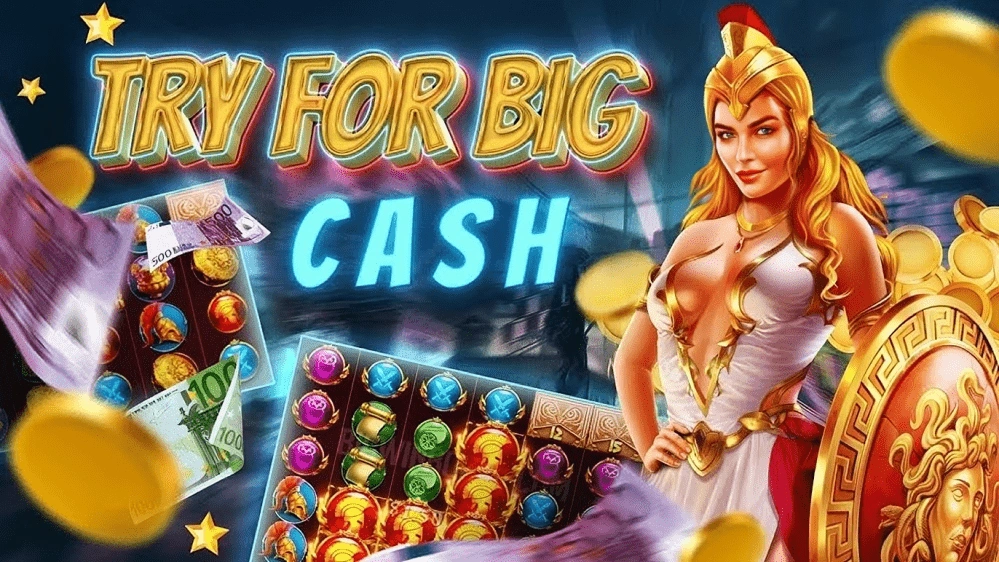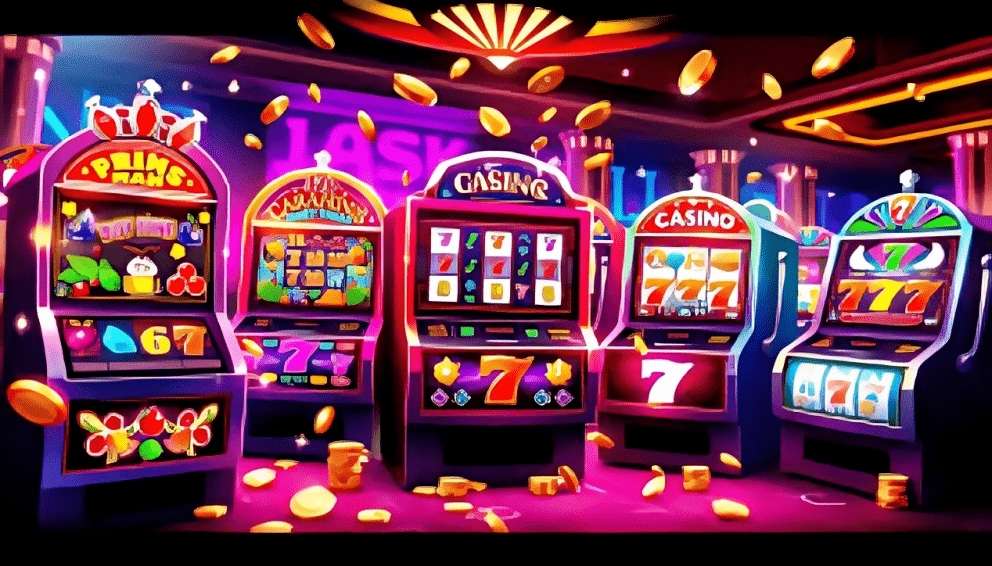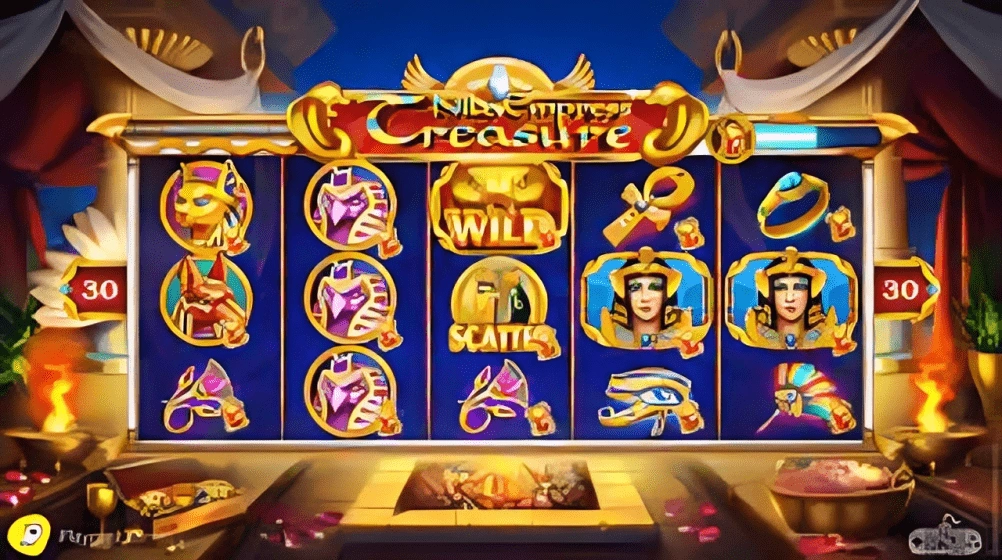Revisiting the Best PSP Games That Defined a Generation
The PlayStation Portable was a bold step into the world of handheld gaming for Sony, and it paid off by delivering some of the most memorable titles in the PlayStation catalog. The PSP didn’t just bring console franchises to a smaller screen—it created an entire generation of portable PlayStation games that were both high-quality and uniquely suited for on-the-go experiences.
When it comes to standout titles, God of War: Chains of Olympus is often the first to come to mind. The game maintained the brutal action and cinematic storytelling the franchise is known for, pushing the hardware to its limits. It felt as epic as its console counterparts, with tight controls and visual fidelity that impressed even the most skeptical fans. It became the gold standard for action-adventure games on the PSP and solidified Kratos’ role as a PlayStation icon in both console and portable formats.
Another monumental title was Metal Gear Solid: Peace Walker. This wasn’t just a watered-down presidencc spinoff—it was a fully realized entry in the beloved franchise. The stealth mechanics, story depth, and mission-based gameplay were expertly optimized for handheld play. Perhaps most significantly, the multiplayer functionality brought tactical co-op missions into the mix, encouraging players to connect locally and strategize together. It was the kind of experience that proved the PSP could offer gameplay complexity typically reserved for home consoles.
Sony’s handheld also took creative risks that paid off immensely. Patapon combined rhythm mechanics with real-time strategy, creating an entirely new kind of game. Its simplistic art style masked deep tactical gameplay that became highly addictive. Similarly, LocoRoco introduced players to a whimsical world controlled by tilting and bouncing, focusing on fluid movement and charm over intense combat. These games proved that the best PSP games didn’t always have to come from blockbuster franchises—they could also come from original ideas executed with care and creativity.
Role-playing fans were particularly spoiled on the PSP, with titles like Persona 3 Portable bringing an entire school-year-simulation RPG to a device that fit in your pocket. Not only did it retain the strong narrative and deep combat mechanics of the PlayStation 2 original, it also added a playable female protagonist, offering new dialogue and social paths. Final Fantasy Tactics: The War of the Lions was another fan-favorite, praised for its complex job system and beautiful animated cutscenes. These games offered hundreds of hours of content, a rarity in portable gaming at the time.
One cannot forget the social and multiplayer culture that flourished around Monster Hunter Freedom Unite. With support for local ad-hoc multiplayer, friends would gather in person to tackle massive beasts in cooperative missions. It wasn’t just a game—it was a community, a social experience that strengthened friendships and introduced many to tactical team-based play.
In many ways, the PSP was ahead of its time. It offered downloadable games, media playback, and online multiplayer when these features were still emerging. More importantly, it gave players access to some of the best PlayStation games ever made, all in the palm of their hands. For many gamers, these titles weren’t just good for a handheld—they were genre-defining, full stop.





